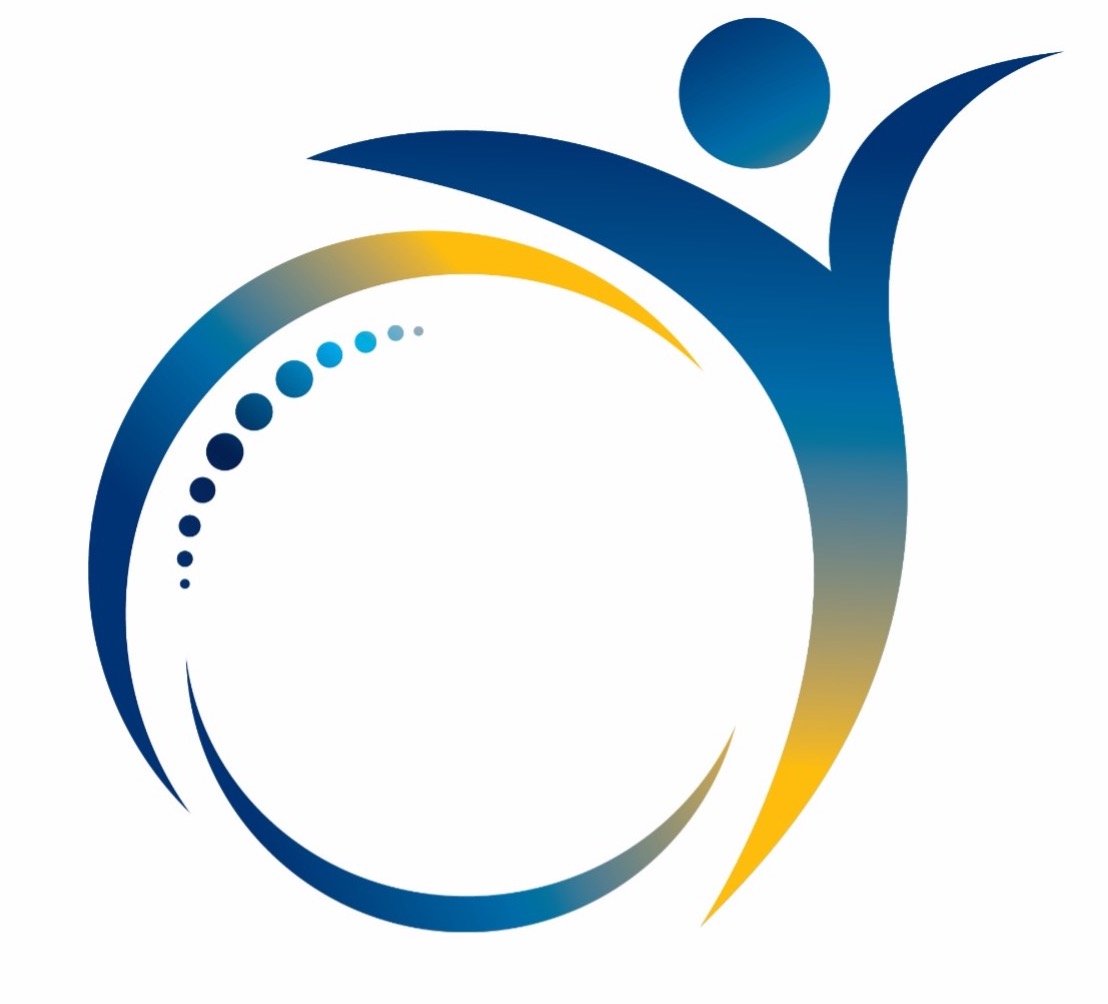Undergraduate Studies
The School teaches students who are registered for degrees in the Faculties of Health Sciences, Science and Humanities. Its primary commitment in the Health Sciences Faculty is to approximately 200 medical students, 100 Bachelor of Health Sciences students (second and third year), 50 dental students, and 260 pharmacy, physiotherapy, occupational therapy and nursing students who study physiology in their second year. Furthermore, the School teaches aspects of the integrated Graduate Entry Medical Program for approximately 250 students in the later years of their medical studies, as well as about 50 dental students, who take clinical physiology in their third year of study. Approximately fifteen Oral Hygiene students study a combined physiology and anatomy course. Third year dental students are taught in collaboration with the School of Anatomical Sciences in the Oral Biology course.
In the Faculty of Science, the School teaches courses at the second and third year level. The School also offers an Honours course. Physiology courses in the Faculty of Science cover human physiology, animal physiology and environmental physiology. Approximately 100 science students graduate in physiology each year. In the Faculty of Humanities, students studying Speech and Hearing Therapy are taught in collaboration with the School of Anatomical Sciences.

